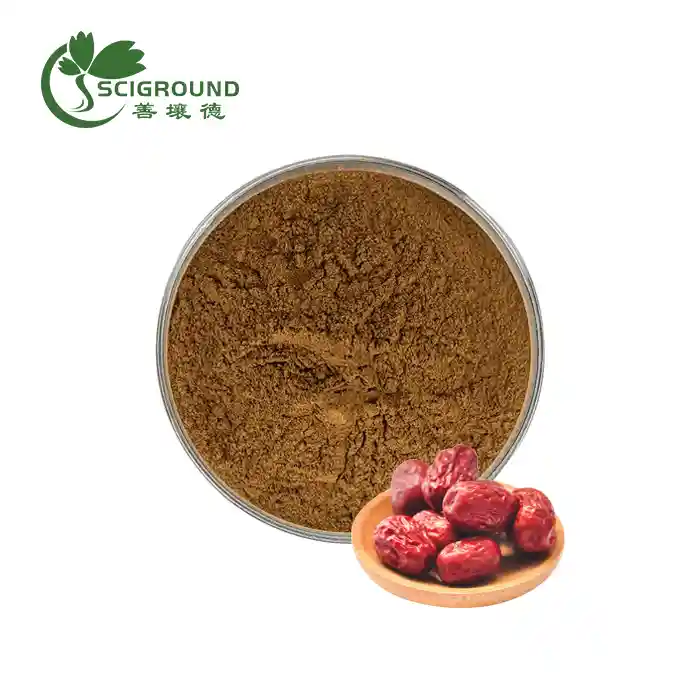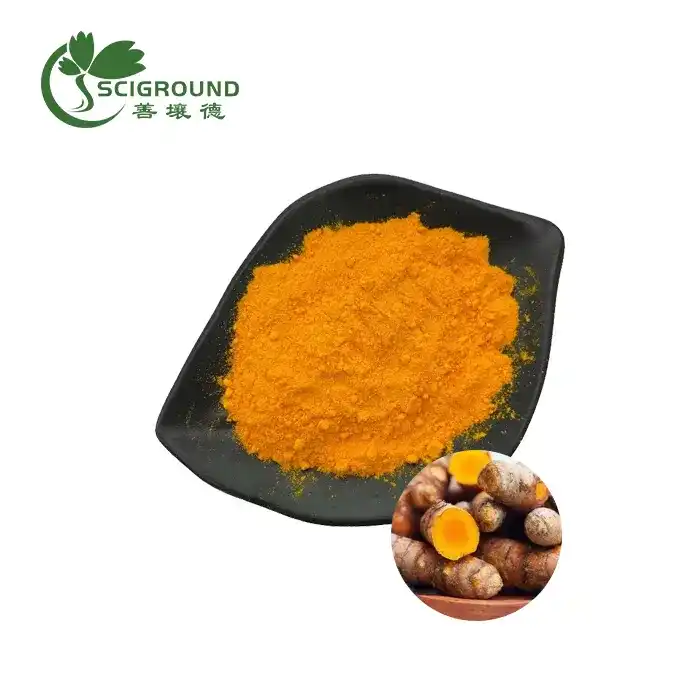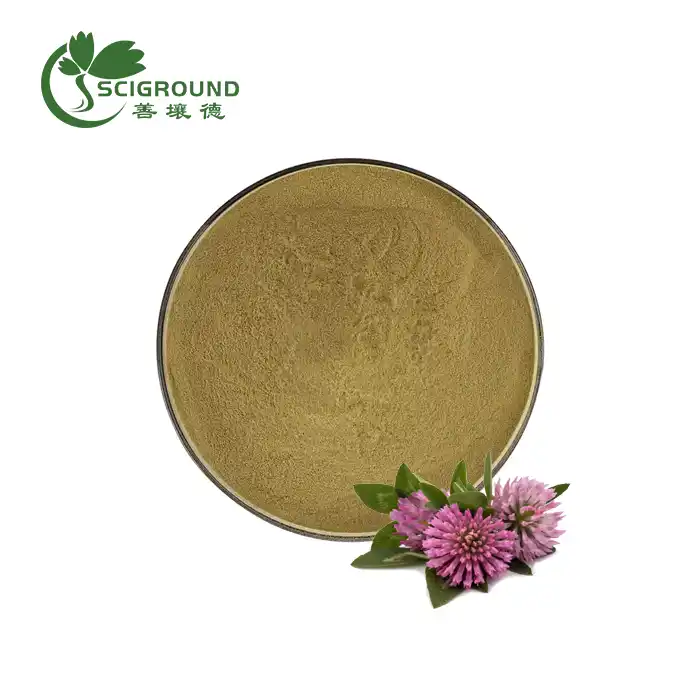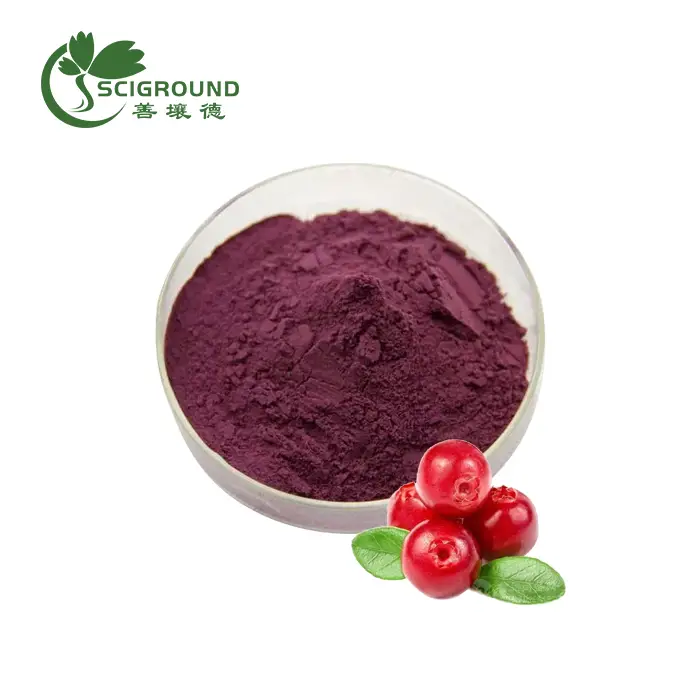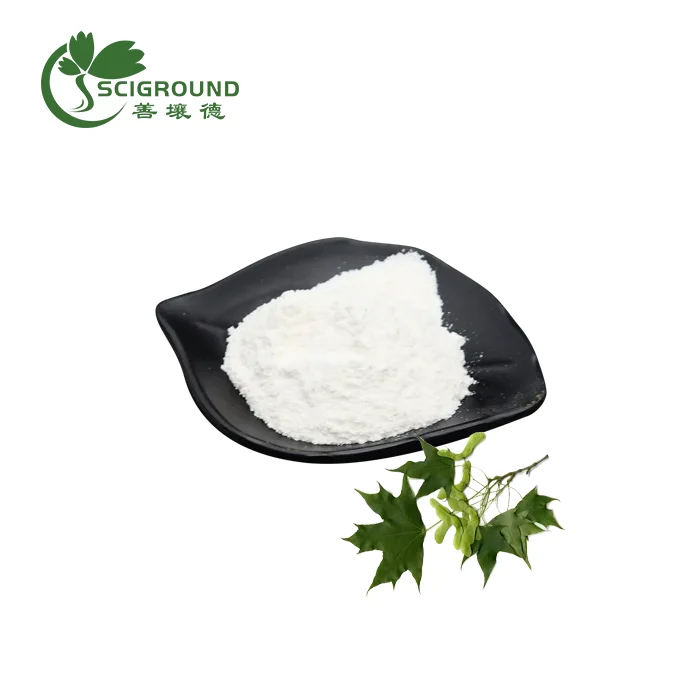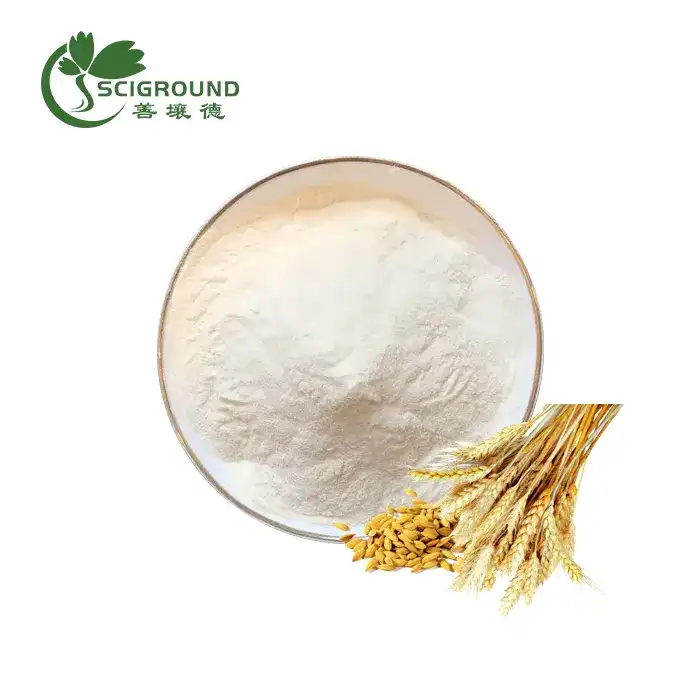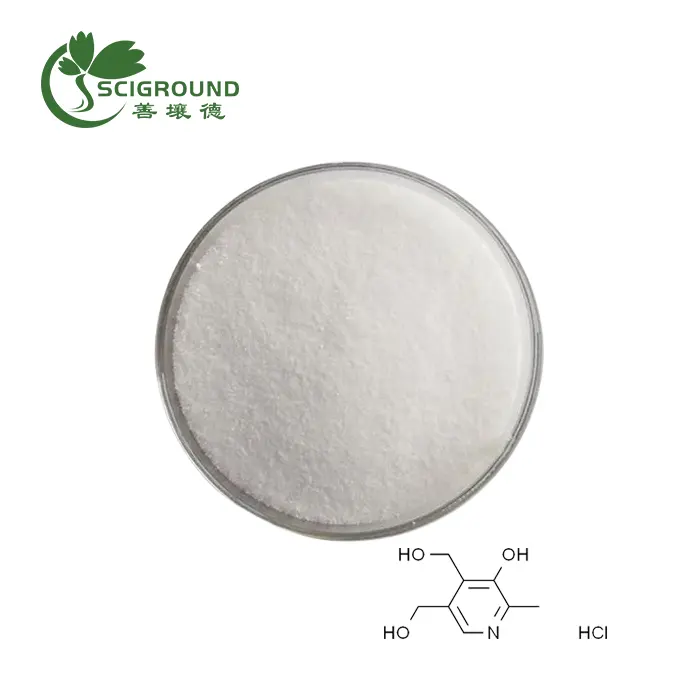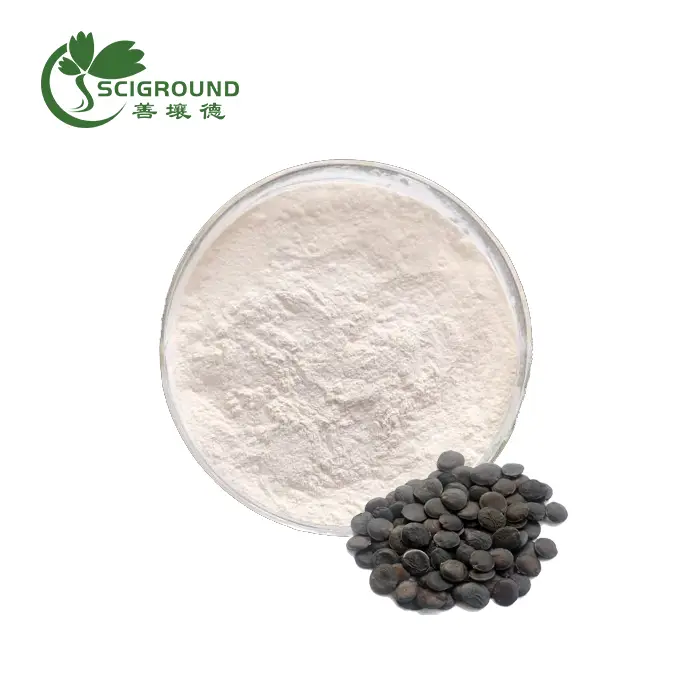What are the Benefits of Alfalfa Extract Powder
In the realm of natural health and wellness, Alfalfa Extract Powder has emerged as a potent and versatile supplement, offering a plethora of benefits for individuals seeking a holistic approach to their well-being.
1. Nutrient-Rich Powerhouse:
It is a concentrated source of essential nutrients. Packed with vitamins, minerals, and antioxidants, it serves as a nutritional powerhouse. Rich in vitamins A, C, and K, as well as calcium, magnesium, and folate, it provides a comprehensive array of vital elements that support overall health.
2. Detoxification and Cleansing:
Known for its detoxifying properties, alfalfa extract aids in purifying the body by promoting the elimination of toxins. Its chlorophyll content assists in neutralizing harmful substances, making it an excellent choice for those looking to cleanse their system and support liver health.
3. Digestive Health Support:
It contains enzymes that support healthy digestion. These enzymes help break down and assimilate nutrients, easing the digestive process. Additionally, its fiber content promotes regular bowel movements, contributing to a healthy gastrointestinal system.
4. Anti-Inflammatory Properties:
The presence of bioactive compounds, such as flavonoids and saponins, equips alfalfa supplement powder with anti-inflammatory properties. Regular consumption may help reduce inflammation in the body, providing relief for individuals dealing with conditions like arthritis or joint pain.
5. Cardiovascular Health:
Alfalfa Extract Powder has been associated with cardiovascular benefits. It contains compounds that may help lower cholesterol levels, contributing to heart health. Its ability to support blood clotting regulation and maintain blood vessel integrity further adds to its positive impact on cardiovascular well-being.
6. Blood Sugar Regulation:
For those aiming to maintain stable blood sugar levels, Alfalfa Powder can be a valuable ally. Studies suggest that it may have a positive effect on insulin sensitivity, making it a potential supplement for individuals managing diabetes or looking to prevent blood sugar imbalances.
7. Immune System Boost:
The immune-boosting properties of Alfalfa Extract are attributed to its rich nutrient profile. Vitamins and antioxidants present in the extract contribute to a robust immune system, helping the body defend against infections and illnesses.
8. Skin Health Enhancement:
It's antioxidant content extends its benefits to skin health. By neutralizing free radicals, it may help prevent premature aging and maintain a healthy complexion. Some individuals also report improvements in conditions such as acne due to its detoxifying effects.
Alfalfa Extract Powder stands out as a natural supplement with a diverse range of health benefits. Whether you're aiming to fortify your nutrient intake, support your digestive system, or enhance various aspects of your health, incorporating this herbal extract into your routine may offer a holistic approach to well-being. Always consult with a healthcare professional before introducing new supplements into your diet, especially if you have existing health conditions or concerns.
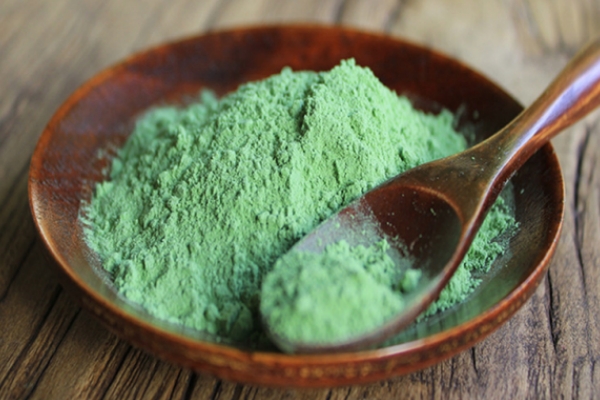
How much alfalfa powder per day?
Determining the appropriate daily intake of alfalfa powder depends on various factors, including individual health goals, overall health status, and the specific form of alfalfa supplement being used. While there is no one-size-fits-all recommendation, here are some general guidelines:
1. Starting with Small Amounts:
It is advisable to start with a small amount of alfalfa powder and gradually increase the dosage. This allows the body to adjust and helps monitor for any potential adverse reactions.
2. Typical Dosage Range:
A common range for alfalfa extract supplementation is 500 mg to 1500 mg per day, divided into two or more doses. However, individual tolerance and response may vary.
3. Consultation with Healthcare Professional:
Before incorporating it into your daily routine, it is crucial to consult with a healthcare professional, especially if you have pre-existing health conditions or are taking medications. They can provide personalized advice based on your health history.
4. Consideration for Specific Health Goals:
The intended purpose for taking it may influence the recommended dosage. For nutritional support, a lower dosage might be sufficient, while those using it for specific health concerns may require a higher intake.
5. Monitoring for Allergic Reactions:
Individuals with known allergies to legumes or those who are pregnant should exercise caution when using alfalfa supplements. Allergic reactions are rare but can occur.
6. Quality of the Supplement:
The quality of the alfalfa powder supplement matters. Choose a reputable brand, and ensure that the product is free from contaminants. Reading product labels and following the recommended dosage provided by the manufacturer is essential.
7. Water Intake:
Adequate hydration is crucial when consuming alfalfa extract, as it contains fiber that may absorb water. Drinking plenty of water can help prevent potential digestive issues.
What are the side goods of alfalfa greasepaint?
While alfalfa excerpt greasepaint offers multitudinous health benefits, it's important to be apprehensive of implicit side goods. Some individualities may witness antipathetic responses, similar as itching, rash, or difficulty breathing, when consuming alfalfa greasepaint. also, alfalfa contains an amino acid called L- canavanine, which can be dangerous when ingested in large quantities. It's thus recommended to avoid inordinate consumption of alfalfa greasepaint, especially for individualities with autoimmune diseases or those who are pregnant or breastfeeding.
Conclusion
In conclusion, alfalfa excerpt greasepaint is a natural and nutrient-rich supplement that can give colorful health benefits. From promoting digestion to supporting cardiovascular health and boosting the vulnerable system, alfalfa greasepaint offers a range of advantages. still, it's pivotal to consume it in temperance and seek professional advice if demanded. Enjoy the benefits of alfalfa excerpt greasepaint while being aware of your individual circumstances and health conditions.
References:
Bora, K. S., & Sharma, A. (2011). Phytochemical and pharmacological potential of Medicago sativa: A review. Pharmaceutical Biology, 49(3), 211-220.
Abudayyak, M., & Juhaimi, F. A. (2019). Total phenolics, antioxidant potential, and antimicrobial activity of shoots and roots of Medicago sativa L. Saudi Journal of Biological Sciences, 26(3), 461-465.
Gao, X., & Ohlander, M. (2004). Antioxidant activity in extracts from barley and malt: Correlation to phenolic content. Journal of the American Society of Brewing Chemists, 62(3), 164-168.
Zerai, D. B., & Fasina, O. O. (2014). An update on the use of unmanured and organic manure amended soil in the cultivation of M. sativa L. in the Limpopo Province, South Africa. Scientific Research and Essays, 9(1), 6-14.
Szaefer, H., Krajka-Kuzniak, V., & Baer-Dubowska, W. (2014). The effect of dietary bioflavonoids on the growth of the MCF-7 breast cancer cell line. Toxicology in Vitro, 28(4), 628-635.
Related Industry Knowledge
- What happens if I use adapalene everyday?
- How do you take proline powder?
- How to Make Corn Silk Extract
- In what form is turmeric best absorbed?
- What are the sources of dihydromyricetin?
- What are the benefits of Ganoderma lucidum?
- Is tannic acid in coffee?
- How to Use Pumpkin Seed Protein Powder
- Uncovering the Versatile Benefits of L-Ornithine Powder
- Is Capsaicin Good For You?
